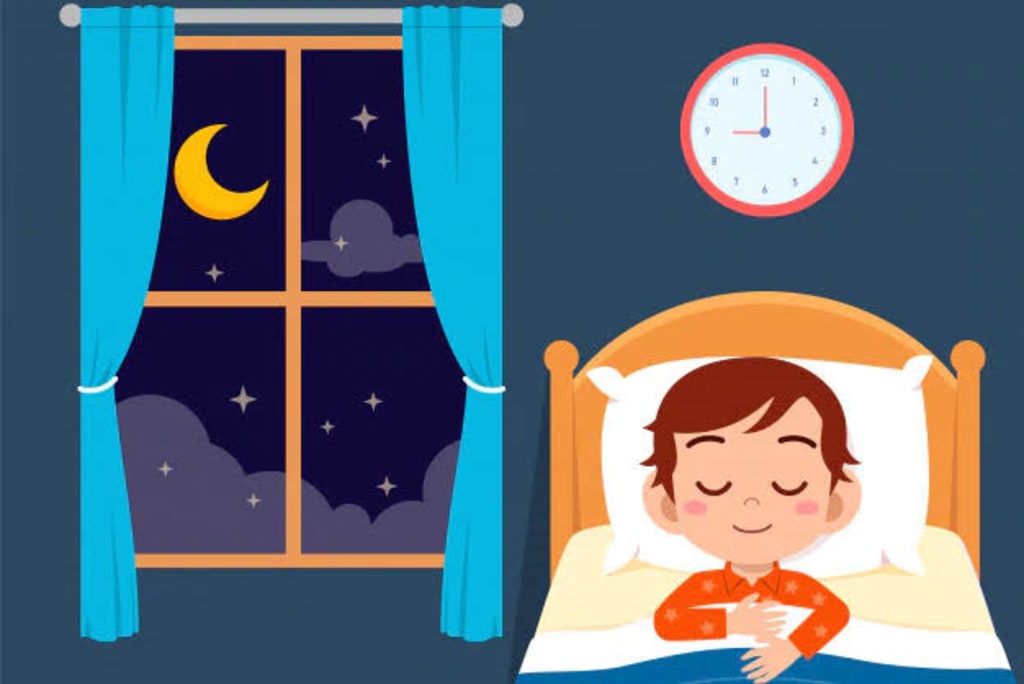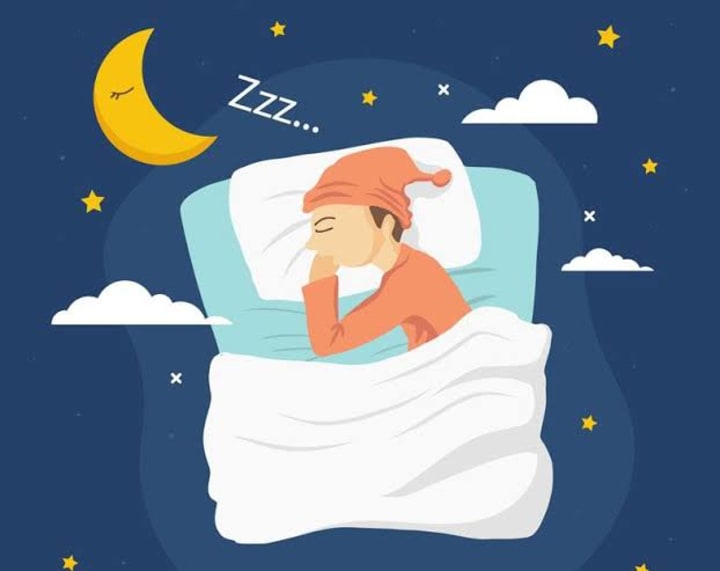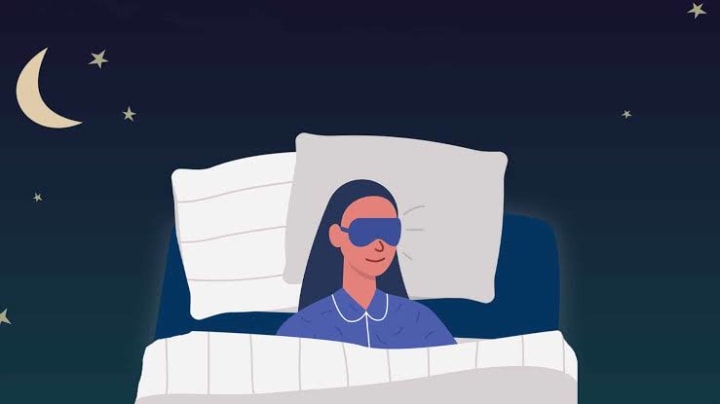
man life is not complete without sleep. It is a biological process important for both our physical and mental health. Despite its significance, many individuals still have trouble getting enough sleep, which can have a variety of detrimental effects on their health. This article will examine the science of sleep and offer helpful advice to help you get better-quality sleep
Describe sleep
Reduced consciousness during sleep is defined by a lowered sensitivity to outside stimuli. Rapid eye movement (REM) and non-rapid eye movement (NREM) sleep alternate in cycles throughout the course of the night as part of a natural process.
Three stages of NREM sleep are distinguished, with each step denoting a deeper period of sleep. The body fortifies the immune system, strengthens tissue regeneration, and solidifies memory during NREM sleep.
On the other side, REM sleep is characterised by higher brain activity, quicker heart rate, and rapid eye movement. The body temporarily paralyses during REM sleep to prevent acting out dreams as the brain organises memories and emotions.
Research on Sleep
A complex interaction of hormones, neurotransmitters, and environmental variables controls sleep. The following are some of the major elements that affect the quality of our sleep:

1.Circadian Rhythm
The circadian rhythm is an internal biological clock that regulates our sleep-wake cycle. It is influenced by external cues such as light and dark and determines when we feel alert and when we feel sleepy. Disruptions to the circadian rhythm, such as jet lag or shift work, can have a significant impact on our sleep quality.
2.Melatonin
Melatonin is a hormone that is produced by the pineal gland in the brain. It plays a crucial role in regulating the sleep-wake cycle by promoting drowsiness and preparing the body for sleep. Melatonin production is influenced by the circadian rhythm, with levels peaking at night and decreasing during the day.
3.Adenosine
Adenosine is a neurotransmitter that is produced by the body during wakefulness. It accumulates in the brain over the course of the day and signals the brain to initiate sleep when levels are high. Caffeine, a stimulant found in coffee and other beverages, blocks the effects of adenosine and can interfere with sleep quality.
4.Sleep Debt
Sleep debt is the cumulative effect of not getting enough sleep over time. It can have a significant impact on our physical and mental health, leading to a range of negative outcomes such as impaired cognition, mood disturbances, and an increased risk of chronic diseases.

Tips for Improving Sleep Quality
Now that we've explored the science of sleep, let's look at some practical tips to help you improve your sleep quality:
1.Maintain a Regular Sleep Routine
Everyday consistency in bedtime and wake time helps to control your circadian rhythm and enhance the quality of your sleep. In order to avoid disrupting your sleep-wake cycle, aim for 7-8 hours of sleep each night and refrain from sleeping in on the weekends.
2.Establish a tranquil sleeping environment
Your sleep environment has a major impact on how well you sleep. Maintain a calm, peaceful environment in your bedroom, and spend money on a cosy mattress and pillows. Avoid using electronic gadgets in bed since the blue light they emit can disrupt your sleep and interfere with the creation of melatonin.
Set Up a Sleep Schedule
Your body can get signals from a nighttime ritual that it is time to sleep. Consider engaging in soothing activities like reading a book, having a warm bath, or engaging in deep breathing or meditation.
Limit alcohol and caffeine
Alcohol and caffeine can both affect how well you sleep.so try to minimise them





Comments
There are no comments for this story
Be the first to respond and start the conversation.